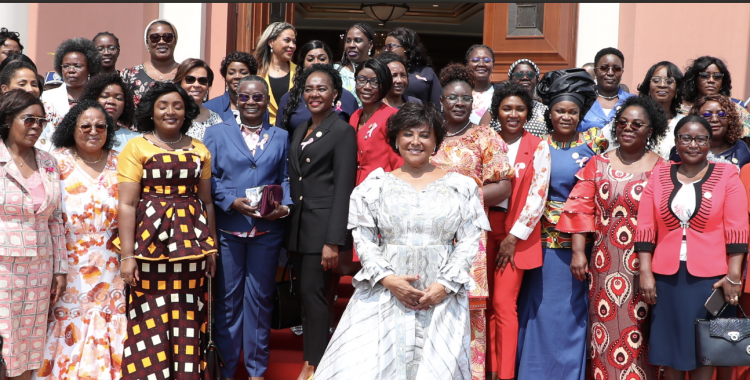According to a statement from the National Assembly, to which VerAngola had access, the current legislature "marks a new era in the country's politics", as it has "the largest female presence ever, with 83 deputies, which represents 37,7 percent in the total of 220 deputies".
"Led for the first time by a woman, the Angolan Parliament currently has one of the largest representations of gender on the African continent", reads the note.
In addition to the gender issue, there is also a "rejuvenation of the political class", as the average age of elected deputies is 53 years old.
"The average age of the deputies elected in this legislature is 53 years old, which also represents a rejuvenation of the political class, which translates into an important and recommendable generational and gender balance", says the note.
Regarding actions for the next five years, the deputies highlighted the social domain as a priority, with a focus on domestic violence: "The social sector is seen by parliamentarians as a priority. , with the aim of worsening the penal framework of the Law Against Domestic Violence", reads the note.
Cited in the statement, Arlete Chimbinda, vice-president of UNITA and deputy to the National Assembly, said that she believed that with "female leadership" the parliament would "impress another dynamic" with regard to matters related to the social life of citizens and, in particular, of the most vulnerable families.
In turn, Joana Tomás, secretary general of the Angolan Women's Organization and also a deputy to the National Assembly, said that women parliamentarians will be "engaged in the production of legislation that protects women and discourages crime against unprotected people".
Florbela Malaquias, leader of the Humanist party, stated her party's interest "in continuing to work on the affirmation of women", pointing to poverty and the lack of robust women's empowerment policies as the basis for the increase in domestic violence levels in the country. country.
"We could not think that we are going to end violence if we do not end poverty", she stressed, quoted in the note.
She also took the opportunity to highlight the important role that women parliamentarians can play in designing policies aimed at protecting children.







